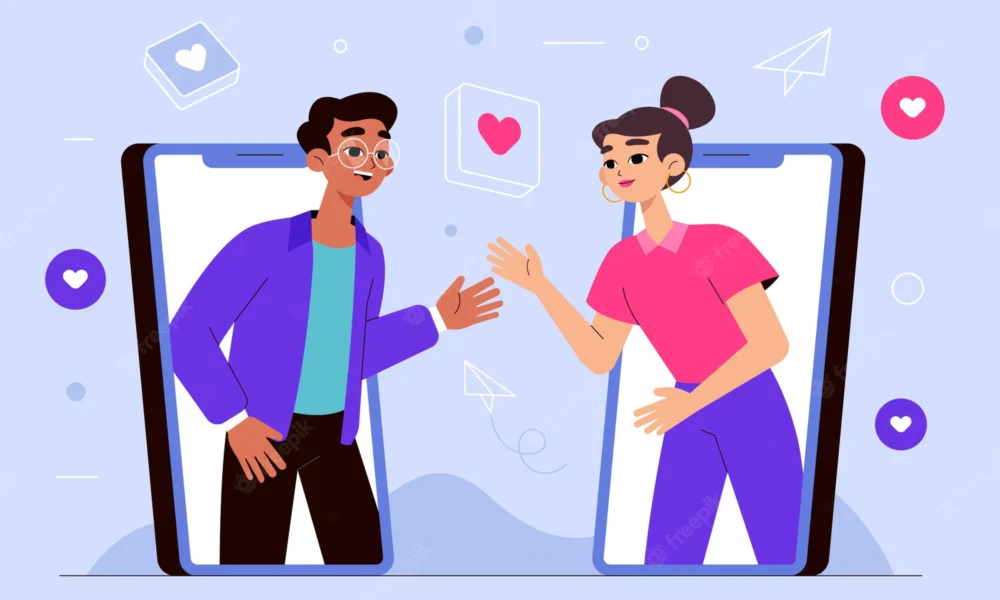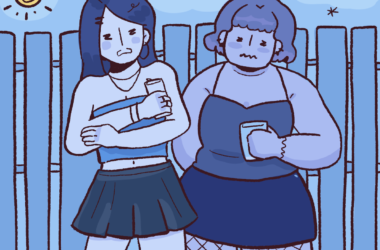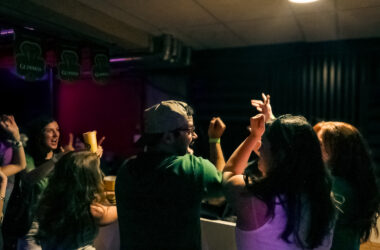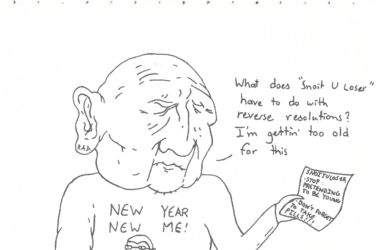Since March 2020, the comings and goings of COVID-19 have altered the structure of our social lives. For nearly two years, people of all ages reduced their in-person activities and turned to an online world of family gatherings, end-of-year parties, and even dating. Some embraced this shift in dating culture to challenge themselves. Others met this change with angst and uncertainty but adjusted to the conditions as the pandemic progressed. Regardless, the pandemic brought forth new ideas and practices surrounding the dating world and changed how people viewed their love lives.
New and creative ways of meeting people
COVID-19 measures restricted meeting at bars, restaurants, clubs, and other social gatherings for extended periods. Ultimately, people had to rethink how they spent time with others.
“Everything was closed, so coming up with dates required a bit more creativity,” Felix Tymoshenko, U1 Management, shared in an interview with The McGill Tribune. What once was a typical dinner-then-drinks outing was reinvented into going on outdoor hikes, getting takeout from a restaurant, or participating in virtual games such as escape rooms.
Many consider the unconventionality of pandemic dates to be a good thing: It allows for change and a way to think outside the box. It’s also, arguably, a better way to get to know someone. While the typical dinner-and-drinks setting is a comfortable option for many, it’s easier to discover someone’s true personality while participating in an engaging activity. It also makes dating more appealing to those who find settings like coffee shops or bars dull and repetitive.
“There are endless possibilities of things to do, many of which I never considered before COVID-19: Hiking, biking, or even swimming,” Émilie Fortier, U1 Arts, said.
Changing attitudes: Higher standards and clearer intentions
Dating coaches and experts have also found ways in which attitudes toward dating have shifted over the last few years: People have set higher standards when it comes to dating. For example, Hinge Director of Relationship Science, Logan Ury, has discussed how alone time spent during COVID-19 isolation allowed individuals to gain insight and clarity on different aspects of their lives. Known as the “Hard Baller” trend, people are more likely to be upfront about their dating intentions as soon as their first or second date with someone.
Meeting romantic partners: Shifting from “in person” to online
Although the pandemic sparked creativity and a better sense of self-understanding, one thing remained a challenge: Meeting people. In-person meetups were limited, which prompted many to turn to dating apps like Tinder, Bumble, or Hinge. Although they might seem like a convenient and accessible way of meeting others, criticisms abound about online dating apps. Their rise in popularity has contributed to looks being an overvalued aspect in current dating culture through the abundance of profiles to look through, almost like a game. The ease with which one can swipe left or right prompts users to dismiss potential partners with whom they might share affinities but who don’t perfectly adhere to contemporary and often Eurocentric beauty standards.
Are online dating and “in-person” dating mutually exclusive?
The dating app user experience invites further questioning of their impacts on users’ day-to-day lives. Many wonder whether staying “safe behind a screen” affects people’s ability to approach someone they find attractive in real life or contributes to negative feelings of self-worth. Does creating a perfectly curated version of one’s life on dating apps make users reluctant to meet people in real life out of fear of exposing the less appealing parts of their personality?
Apps, such as Hinge, offer “prompts”: Open-ended questions that help users enhance their profiles and attract people with similar tastes or interests. This function certainly diversifies dating profiles from their usual content type, which helps divert users’ attention from looks to personality traits. However, it remains unclear if such prompts will help counter the appearance-based focus of modern dating culture. Will online dating prevail in the post-lockdown world? Only time will tell.









